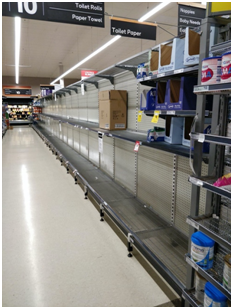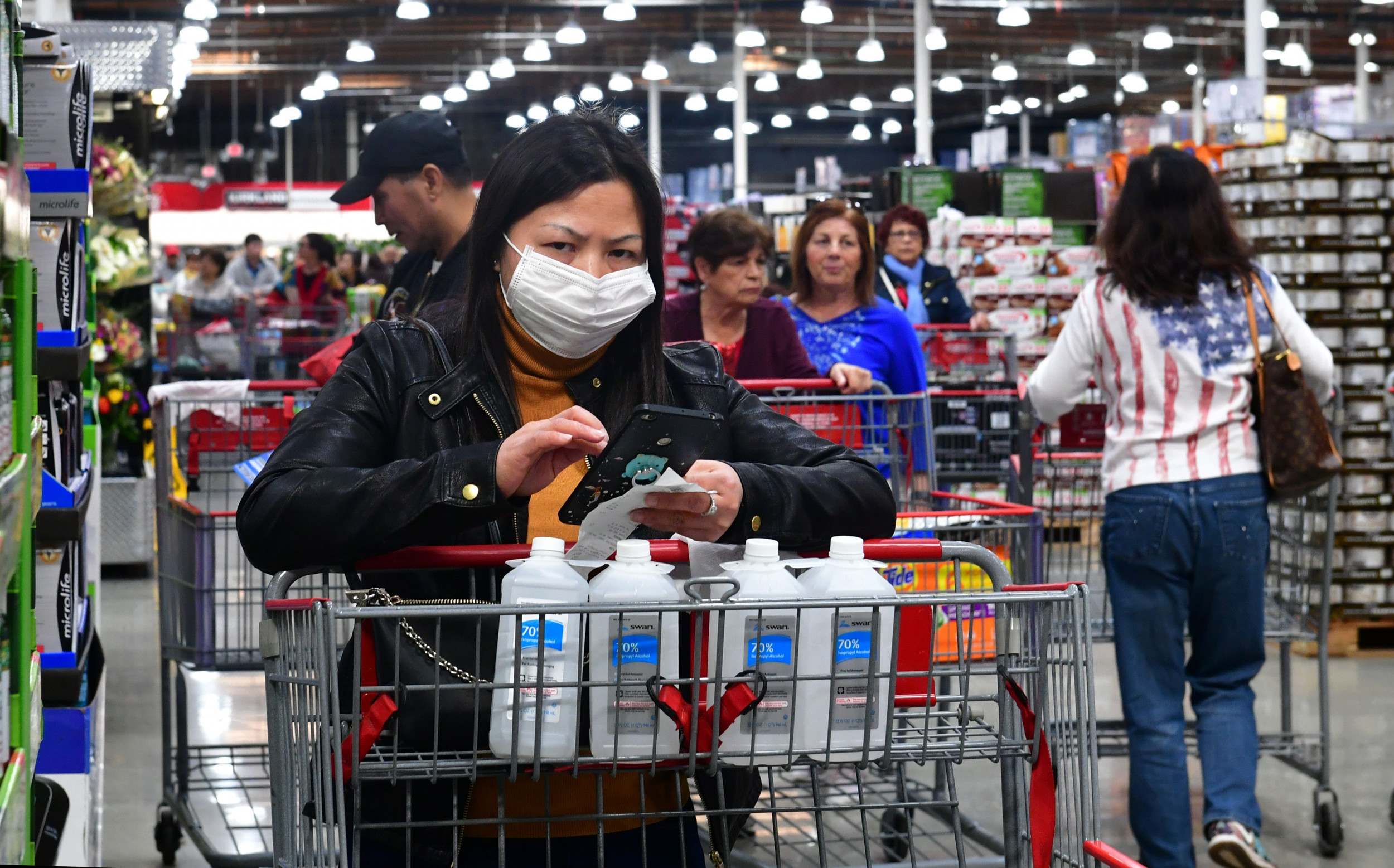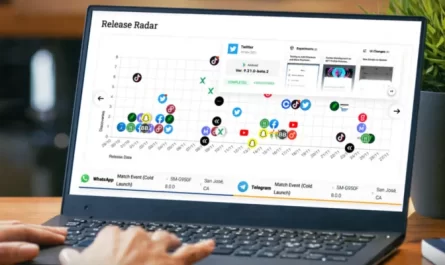Besides natural and un-natural (unforeseen accidents) death, disease is probably the most terrifying intimation of mortality. With its invisible nature, there is nothing we can do to defend ourselves, especially when we cannot ‘see’ the enemy. Losing control of our life and future can be terrifying, so it is very likely that we’d experience a great sense of shock, as well as becoming anxious and agitated.
In the beginning of this outbreak, COVID-19 only affected China and it forced the population to stay in confinement in order to contain the spread of the virus. This new virus was unknown to most people, but as far as we knew, it could spread easily and quickly. As the death toll dramatically increased every day, the level of stress and anxiety increased along with it. As a result, this triggered many irrational fears in people, and it’s reflected in their consumption behaviors.
One example is people fighting over toilet paper as reported in the news. As the situation is unstable and nobody knows when this epidemic will end, our survival instincts kick in. The stock up of food, masks, hand sanitizer, and hygiene related products is understandable as people are trying to buy whatever that helps them to ‘survive’. However, toilet paper has little use in survival situations and it’s not something we can eat to stay alive.

Image from www.ChannelNewsAsia.com
Many years ago, Concept M did a global research study on the topic of toilet paper and we discovered several interesting interpretations. Firstly, the softness of toilet paper reminds consumers of their childhood safety blanket. This is a universal phenomenon. Almost every young child has a security blanket and the softness can provide them with a certain level of comfort. It is also often used as a transitional object to help them deal with separation anxiety. However, the ‘security blanket’ is also embedded with symbolic meanings, such as emotional stability and safety. Secondly, toilet paper has a very basic function of cleaning – it is mainly used to clean up the ‘mess’ we produce. The process of cleansing is particularly interesting. Ancient people often associated diseases with many symbolic meanings, such as the lost/stolen soul, the activation of evil spirits and impurity. They would use rituals to ‘cleanse’ themselves from these diseases. Now, with COVID-19, toilet paper has become the method to ‘cleanse’. The need to stay clean (virus-free) is much stronger and verging on paranoia. Perhaps, toilet paper may not prevent viral infection but at least it can provide a chance to keep oneself ‘clean’ on a psychological level. During this critical time, the need for comfort, safety, and stability increases dramatically. However, they have unconsciously acted on their fears through these irrational purchase behaviors because they have not consciously processed their anxiety by talking to family members, friends or professionals.

Besides these extreme cases, there are also some interesting but less radical consumer behaviors as a result of COVID-19. In our in-depth online/phone qualitative interviews with Chinese respondents, we discovered that the confinement period has provided them with some time to reflect on their life, work, relationship, and even their previous purchase decisions. This was particularly true for the impulsive buyers. Several consumers shared their stories and it was very interesting. Initially, they were attracted by the product design because it looked fancy and high-tech. However, during this confinement, they have more time to clean up their apartment and realized that the products they have bought are oversized (which something they never considered before), way too complicated and hard to clean. They are quite frustrated by this experience and have started to form a different opinion about the brands they used to be fond of. Obviously, this PAUSE in time has helped them to rethink the meaning of ‘support’ and ‘interaction’.
Another example is the change to consumer’s online purchase behaviors. Personal health and well-being have become people’s top priority after the outbreak. Instead of relying on take away food which can be expensive and unhealthy, many people are starting to prepare their own meals at home. During this period of confinement, people are encouraged by the government authorities to stay home and to stay away from crowded places (e.g. supermarket). As a result, online fresh food and fruit suppliers have become extremely popular. Consumers are able to receive their grocery within 1 to 4 hours after placing their order. Most of them appreciate the opportunity to stay home but at the same time, can still receive fresh food supplies daily. In addition to this, online purchase brings them a sense of control and stability. Knowing that they still have control in certain ways (e.g. picking and choosing products), provides them with a sense of certainty and normality, especially during these extreme and uncertain circumstances caused by COVID-19.
In summary, COVID-19 has shed a very different light on our daily lives. It challenges our body and mind, as well as questioning our way of living. Life will slowly get back to normal, but these experiences leave us with a very important lesson as we reflect on our choices and decisions. In saying that, we know one thing is for certain: online grocery shopping not only provides Chinese consumers with a sense of control but most importantly, a sense of normality in the face of crisis.
Also read: Art, Science, Magic – A Pre-Conference Interview with Mikel Cirkus










 by
by 

